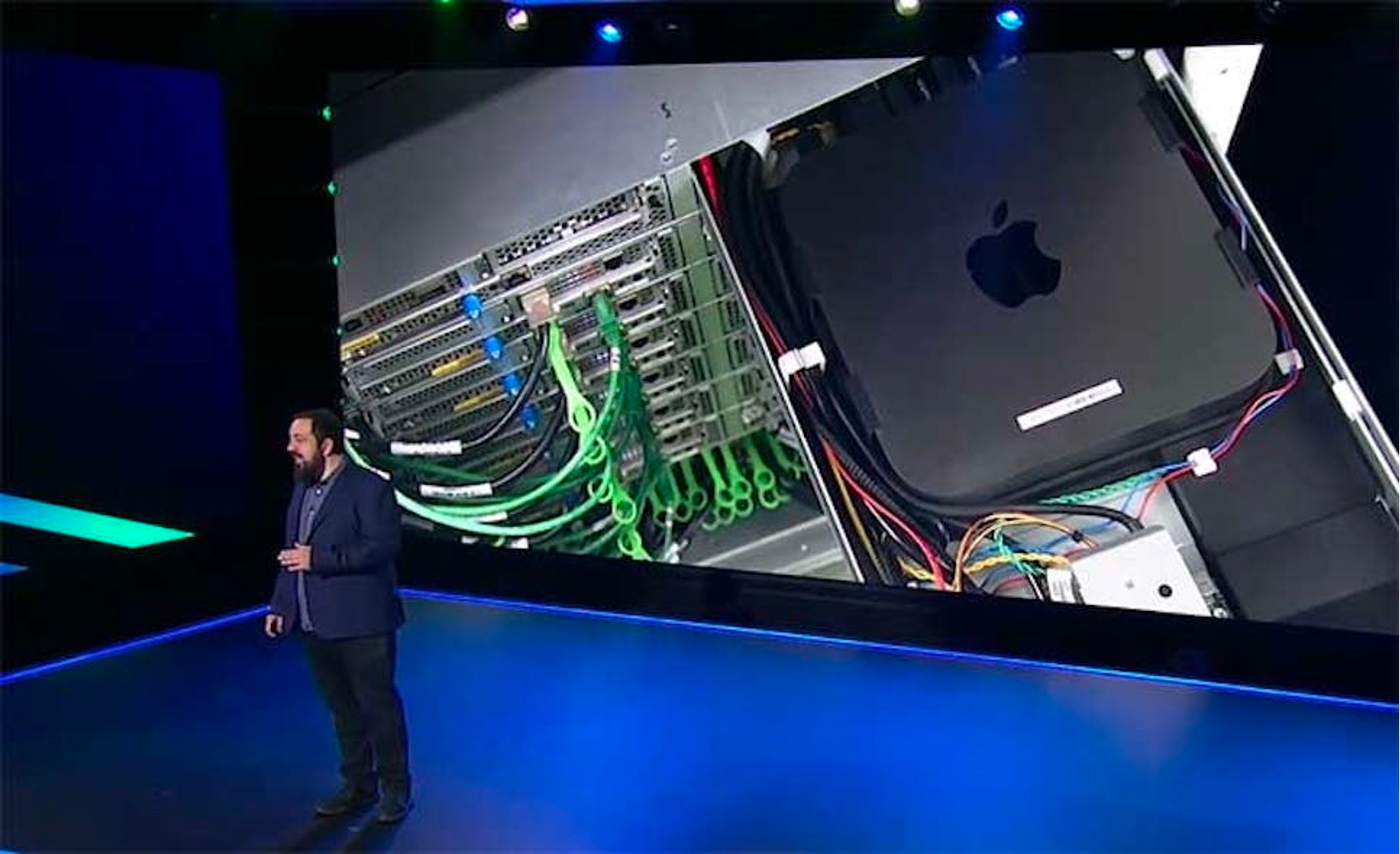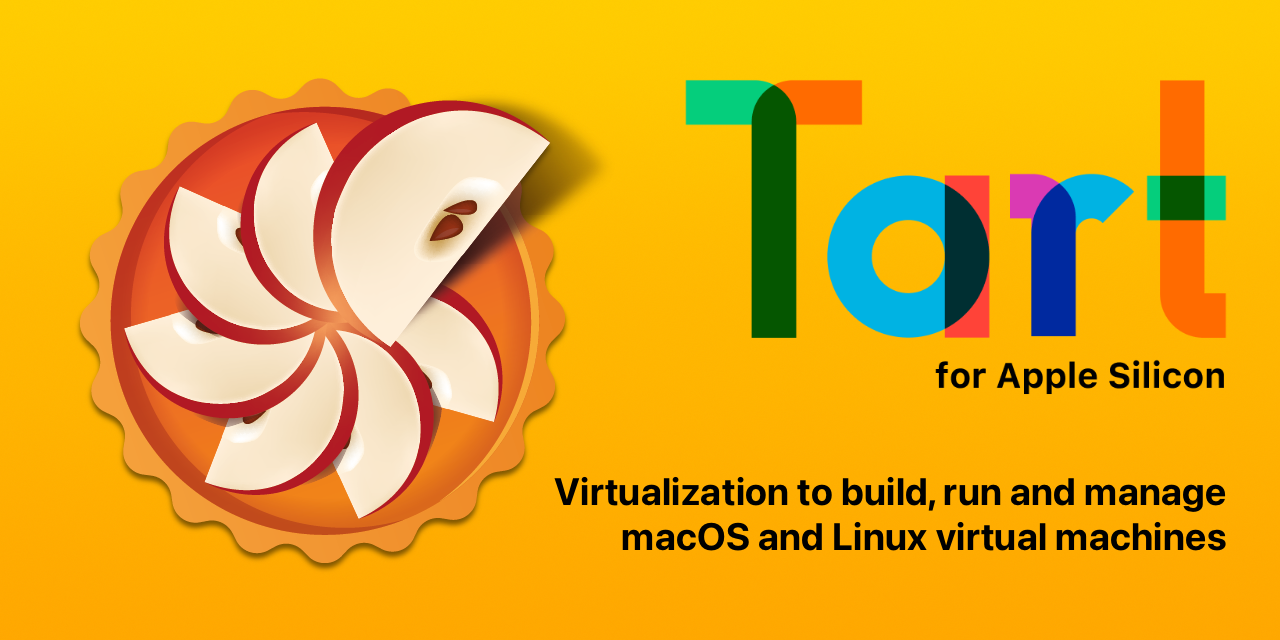Bridging the gaps with the Tart Guest Agent
We're introducing a new improvement for the Tart usability experience: a Tart Guest Agent.
This agent provides automatic disk resizing, seamless clipboard sharing for macOS guests (a long-awaited feature), and the ability to run commands, without SSH and networking, using the new tart exec command.
As of recently, we include this agent in all non-vanilla Cirrus Labs images, so you likely won't need to do anything to benefit from these usability improvements.
Read on to learn why we chose to implement the agent from scratch in Golang, and which features we plan to add next.



